In the most basic form, commerce is a branch of business. It involves the exchange of goods and services for money and is an essential part of our life today, and has been for thousands of years.
In the most basic form, commerce is a branch of business. It involves the exchange of goods and services for money and is an essential part of our life today, and has been for thousands of years. It drives a large portion of our lives – from holiday shopping to grocery shopping to fun shopping sprees with friends, everyone uses commerce in their daily lives. However, commerce is not stagnant and is a fluid, dynamic, and changing entity. Over the years, we have seen large shifts with how people partake in the commerce aspect of their lives. In this post, we will take a look at the evolution of commerce, from brick and mortar storefronts to e-commerce and online shopping, to the relatively new concept of automatic product replenish and IoT.
Brick and Mortar Stores
The idea of brick and mortar stores in the commerce industry go hand in hand. Physical retail stores have been around for hundreds of years and are essentially the oldest way for people to shop and buy the items they desire and need. Customers like to see items in person, touch, and feel the products they may want to buy, and have the traditional experience of shopping out in an actual store. In fact, about 75%-85% of shopping still happens in physical stores.
E-commerce
Although brick and mortar stores are still quite popular, there has been a large shift in the interest of shopping online, especially with the younger generation. Online shopping and e-commerce provides the ability to compare prices, find a large variety of options to choose from, and have the items delivered directly to your doorstep without the need to step foot into a store.
Although brick and mortar stores may still be the most popular shopping option, e-commerce and online shopping are expected to grow by 17% per year and reach $414 billion by 2018. The lines between retail and e-commerce are starting to blur, and even small family-owned stores are starting to shift some of their markets to online shopping.
There are a few main reasons why e-commerce has become so popular. Firstly, people like to comparison shop – find the best products, with the most features, for the best price possible. It is often very difficult to do this in-store, especially if one has to go to multiple stores to compare. Secondly, shopping online provides customers with a much larger selection of products to choose from. Shopping in person can be quite limited and often shoppers cannot find exactly what they are looking for. However, with the whole Internet at one’s fingertips, there is a seemingly endless amount of product options. And lastly, shoppers can read reviews from other customers to get a better idea of if the product is good, is high quality, and worth the buy and/or price. Shoppers like to save time, money, and have stress and hassle-free shopping experience, which is what e-commerce provides.
Automatic Product Replenish
Taking this idea a step further in the commerce evolution chain, is automatic product replenish. As we discussed in our blog specifically about automatic product replenishment, “automatic replenishment is the ability for online stores and/or brands to get ahead of their customers’ order patterns by automatically sending them their favorite product(s) before they run out. For instance, an online store can have you sign up for an automatic product replenishment system, for say dog food, and you can choose how often you want a new shipment to send out to your home.”
So, not only can a shopper get all of their shopping done online, they can snow choose to have products shipped out automatically to their house without even lifting a finger. It allows customers to completely customize their shopping experience and have the convenience of never having to fear running out of their favorite products or essential household items. This takes the idea of e-commerce to a new, more shopper-centric, idea where shoppers can connect directly with their favorite brands.





